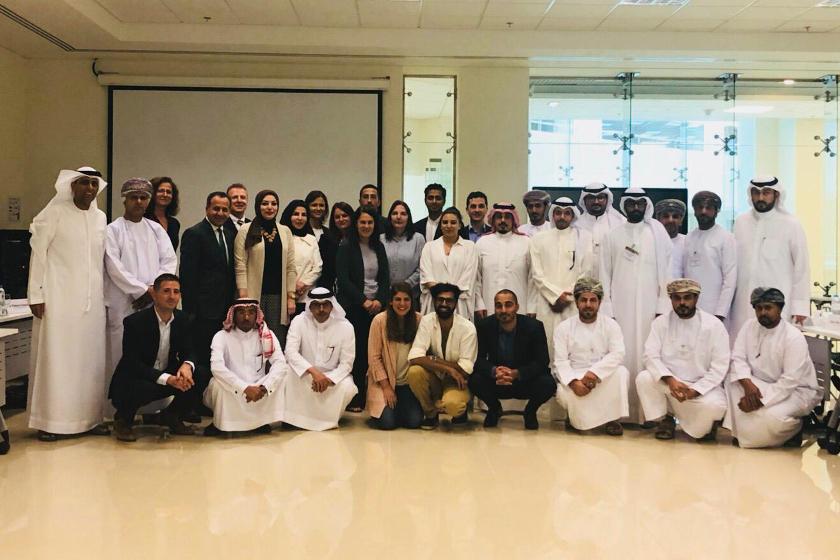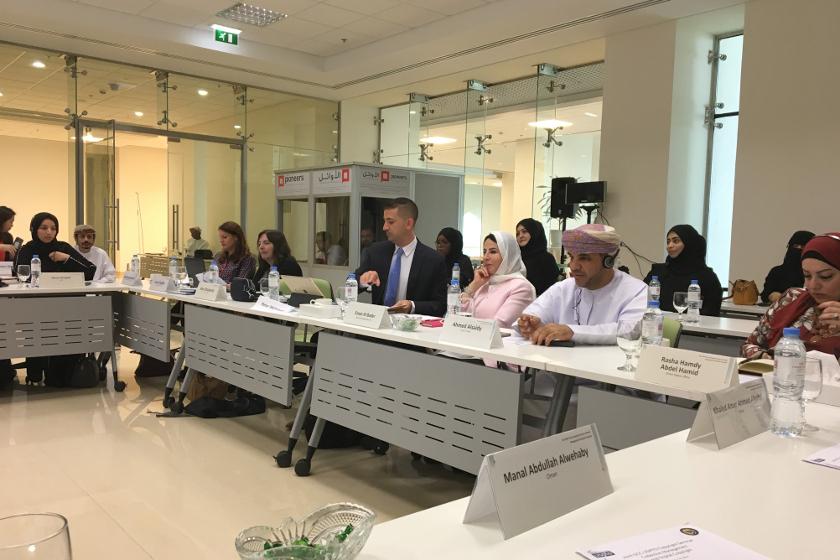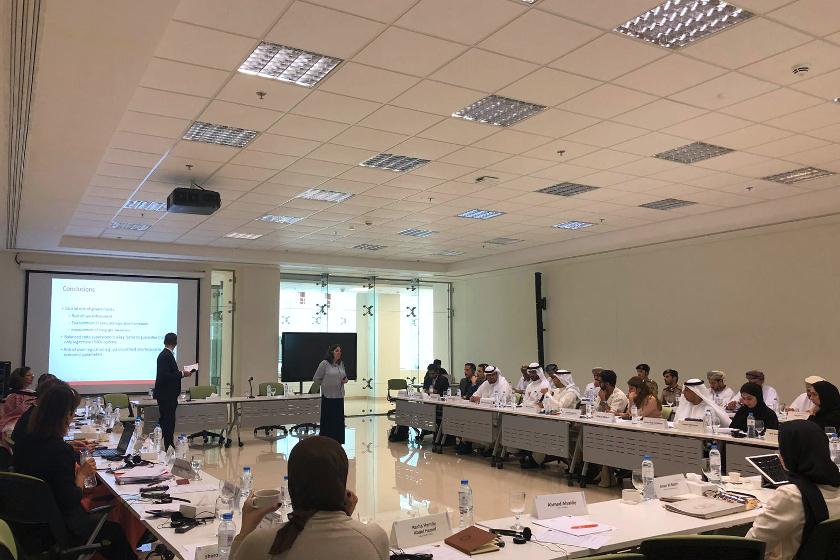CISAC and partner organisations join GCC-USPTO seminar to develop collective management in the Gulf region

One of the first major events seeking to establish collective management across the Gulf region took place on July 7th to 9th at the Sultan Qaboos Complex in Salalah, Oman. Organised by the Gulf Cooperation Council (GCC) and the United States Patent and Trademark Office (USPTO), the Joint GCC-USPTO Copyright Seminar on Collective Management and Digital Copyright united governments and local stakeholders for discussions aiming to put in place collective management organisations in the region.
Much work has to be done due to a lack of collective management societies in the Gulf, despite some governments having the required legislation in place. To move forward, both executive action and creators’ initiatives are required in order to elaborate on how collective management organisations can be established in the region.
To inform officials on how to progress, CISAC, IFPI, IFRRO, SCAPR and WIPO shared their expertise with approximately 60 government representatives from Bahrain, the Kingdom of Saudi Arabia, Kuwait, Oman and Qatar during the three-day seminar. The Emirates Publishers Association (EPA), Pop Arabia, Qanawat, Music Grid and CEE Network were also on hand representing local stakeholders.

CISAC joined several panels to underscore the need for transparency, good governance, the role of governments in collective management as well as establishing best practices. On the first day, CISAC introduced its role as the world’s leading network of authors’ societies and emphasised the need for transparency and accountability in society operations. The confederation also shared insights into the role of governments in collective management and discussed the types of support it can provide to develop CMOs.
Traditional and new business models were examined on the second day. During a panel on collective management for music, CISAC highlighted the continued need to focus on traditional uses including live, background, TV and radio. These types of uses still consistently account for the majority of collections year-over-year in the CISAC Global Collections Report. Furthermore, a dedicated session treated digital business models as a rapidly growing source of collections for CMOs and the need for societies to adapt to the changing market conditions.
Technology in copyright and collective management was addressed on the final day. CISAC highlighted the role of technology in new business models, detailing the confederation’s efforts to upgrade the international musical works identifier (ISWC) and the ongoing governance reform aiming at opening CIS Tools access to new types of business models under specific terms and conditions.
CISAC’s Common Information System (CIS) was also detailed during a panel on international licenses and reciprocal agreements, emphasising how the CIS Tools facilitate bilateral exchanges among sister societies to help manage other societies’ repertoires in their territories.

